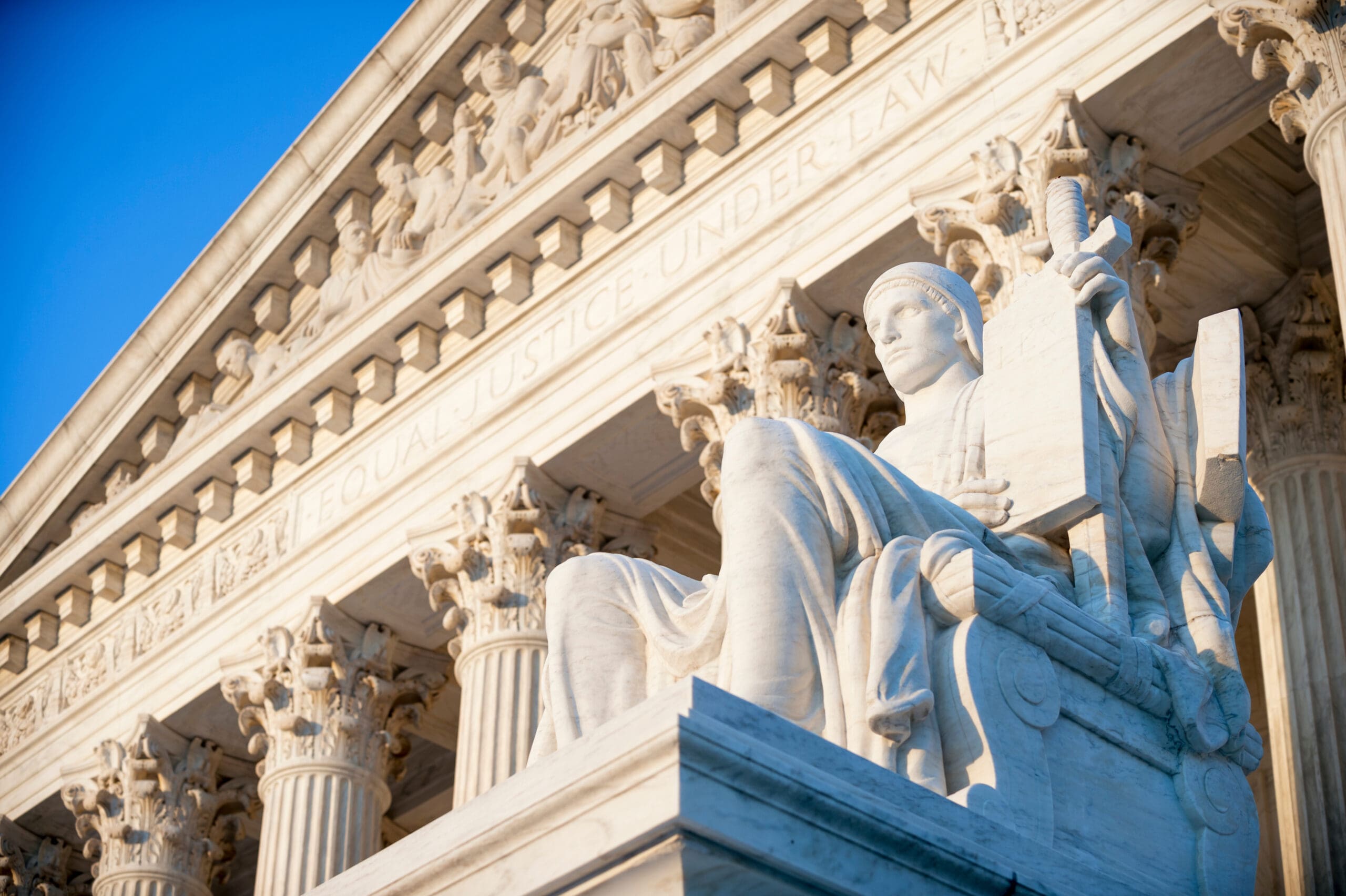Congress Can Maintain IRS Rulemaking Authority
In Loper Bright, a case about the environmental regulation of fishing boats, the Supreme Court overruled the Chevron doctrine, which required courts to defer to reasonable interpretations of statutory provisions by agencies, including the IRS. Our TPC colleague Howard Gleckman examined how the courts now could, independently, determine the meaning of statutes (and second-guess the IRS). But the Court also gave Congress a road map to maintain an agency’s power to interpret a statute.
As the Court explained in Loper Bright, when the “best reading of a statute is that it delegates discretionary authority to an agency,” the role of the reviewing court is “to effectuate the will of Congress subject to constitutional limits.” This requires a court to “fix the boundaries of [the] delegated authority.” Once it does so, the court need merely find an agency engaged in “reasoned decision making,” a deferential standard akin to Chevron’s.
The Court, in Loper Bright, acknowledged that Congress can authorize an agency to “fill up the details of a statutory scheme,” or “regulate subject to limits imposed by a term or phrase that leaves agencies with flexibility . . . such as ‘appropriate’ or ‘reasonable.’”
Notably, the Court in Loper Bright cited approvingly Congress’s delegation to the Environmental Protection Agency (EPA) Administrator the authority to write “appropriate and necessary” regulations of power plants to assure the “protection of public health” or “public water supplies.”
If Congress wants to maintain the force of the IRS’s rulemaking authority, it still can. However, it must set an “intelligible principle” to which the person or body authorized to act is directed to conform. According to former Justice Harlan, fixing boundaries “insures that the fundamental policy decisions in our society will be made not by an appointed official but by the body immediately responsible to the people. . . [and] it prevents judicial review from becoming merely an exercise at large by providing the courts with some measure against which to judge the official action that has been challenged.”
During the Civil War, when Congress enacted the first income taxes, Congress created a predecessor agency to the IRS. It also gave the agency two grants of authority to administer these income taxes. The first was a general grant of authority, now found in section 7805 of the Code, to “prescribe all needful rules and regulations for the enforcement of this title, including all rules and regulations as may be necessary by reason of any alteration of law in relation to internal revenue.” The second was a specific grant of authority included in dozens of different tax statutes. The reason for both general and specific delegations is unclear.
What is “needful” in the general delegation also is unclear. It includes interpretive regulations necessary to implement a statute, like setting the scope of who is an employee for a payroll tax. But “needful” might mean something more expansive, like appropriate or helpful. More litigation seems likely.
To avoid arguments about whether a tax regulation is “needful,” Congress could supplement the general delegation with delegations included in specific statutes. And these specific delegations can be written broadly.
For example, Congress frequently authorizes the IRS “to issue such regulations or other guidance “as is necessary or appropriate to carry out the purpose” of a statutory tax rule. That flexibility helps, but it would help more if Congress also described the purpose, much like Congress did with the EPA’s regulation of power plants. That could deter a court from second-guessing the purpose of the statute.
So, Congress already has given the IRS a lot of authority to defend its interpretation of tax laws. And, going forward, Congress could bolster that authority with specific delegations that help fix the boundaries for future regulations. A little extra attention in drafting legislation would go a long way to help the IRS administer the tax law.






